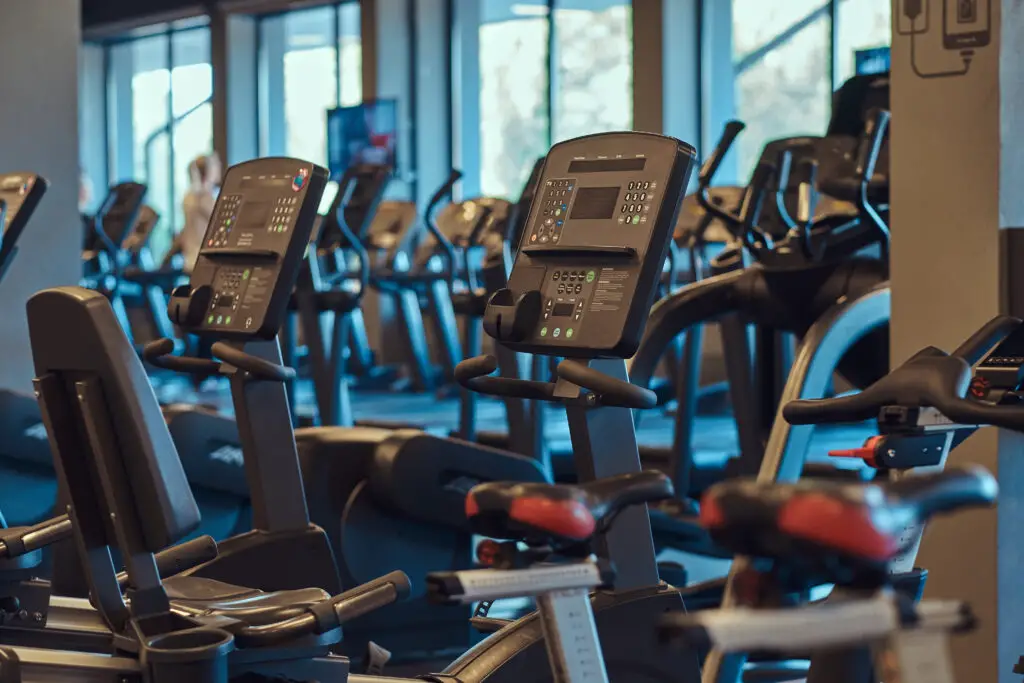
Welcome to My Fitness & Muscle Blog
Body Muscle Matters is your go-to spot for real, no-nonsense advice from one fitness enthusiast to another—covering everything from building muscle and strength training tips to recovery, nutrition, and staying motivated on your fitness journey.
About Us
Welcome to Body Muscle Matters — where your fitness journey truly begins.
We’re a community of passionate fitness lovers who believe that building strength and confidence is for everyone, no matter where you’re starting from. Whether you’re stepping into the gym for the first time or just looking for some solid guidance, you’ve come to the right place.
Our team is made up of trainers, fitness coaches, and everyday people who’ve been through the ups and downs of starting (and sticking with) a workout routine. We know what it’s like to feel overwhelmed or unsure—and that’s exactly why we created this space: to share real advice, encouragement, and tips that actually work.
Here at Body Muscle Matters, we break down the basics of strength training, nutrition, recovery, and motivation in a way that’s easy to understand and even easier to apply. From simple beginner workouts to meal prep hacks, from mindset shifts to progress tracking—we’re here to help you take those first steps and keep going strong.
You don’t need to be perfect. You just need to start. And we’ve got your back every step of the way.

Categories
Body Muscle Matters is your go-to resource for all things fitness and muscle-building—from beginner-friendly how-tos to motivation that keeps you going strong. We’ve organized our content into easy-to-navigate categories, so you can quickly find the topics that matter most to your fitness journey.
Whether you’re looking for beginner workout plans, muscle-building tips, nutrition advice, recovery strategies, or ways to stay motivated, there’s a category for every stage of your journey. Explore expert advice, real-life tips, and empowering guidance to help you build strength, confidence, and long-term results.

Body Building
Explore our Body Building sub-category under the Blog section, where we dive deep into the world of muscle growth, strength training, and fitness transformation.
Learn More
Fitness and Health
Dive into our Fitness and Health sub-category under the Blog section, your ultimate resource for achieving a balanced and healthy lifestyle.
Learn More
Supplements and Nutrition
Discover expert advice on the best supplements, meal plans, and nutrient timing to support your goals, whether it’s muscle building, fat loss, or overall health.
Learn MoreLatest Posts
Check out our latest tips, guides, and inspiration to fuel your fitness journey. Whether you’re just getting started or finding your groove, our newest blog posts are packed with real advice to help you build muscle, stay consistent, and feel your best—inside and out.
From beginner workouts and meal ideas to mindset tips and recovery advice, we’re here to support you every step of the way.

